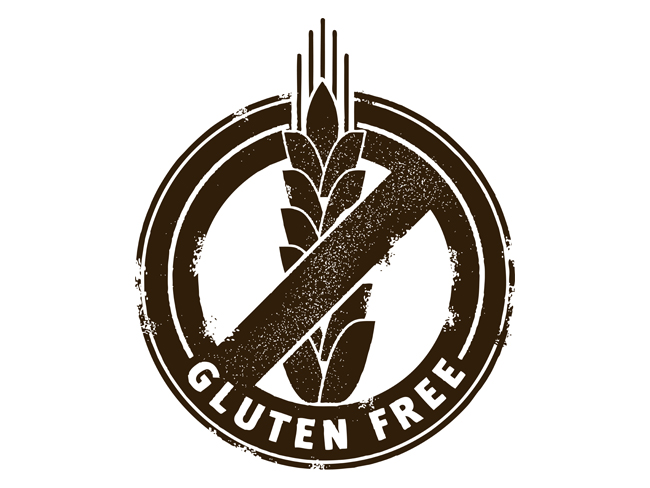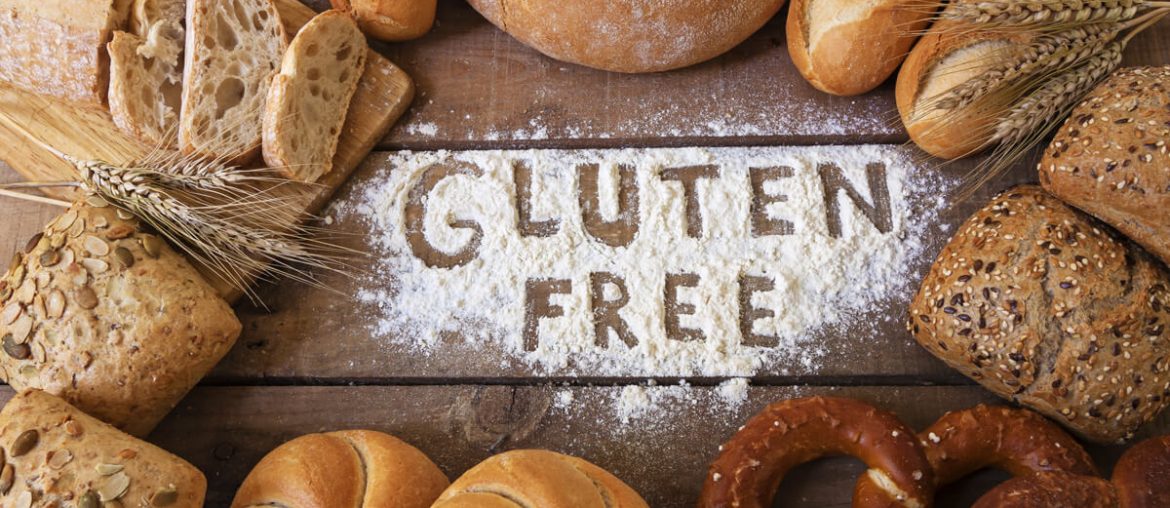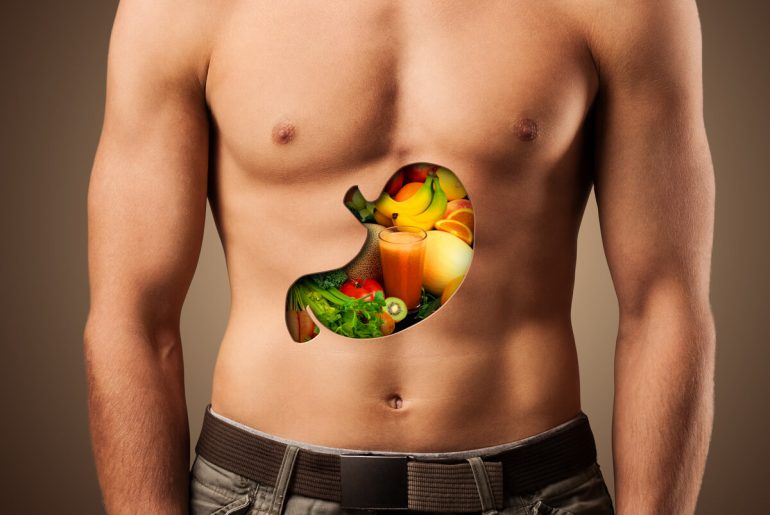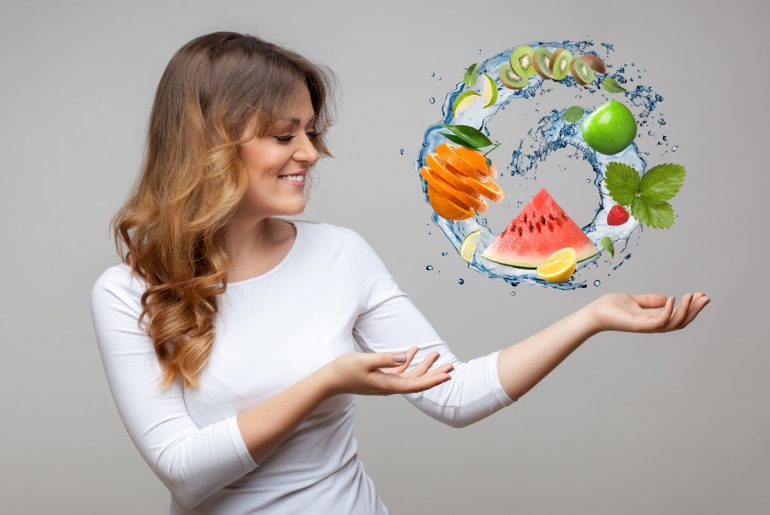“Gluten free.” Everybody is frantically looking for this label when they are out shopping at the grocery store. A gluten free diet is such a fad today that people actually worship it as the latest weight loss diet in town or as a way of cleansing their bodies. Many are even declaring themselves as ‘gluten sensitive’ leading to exasperated family members, and dining partners to be cautious about the foods to eat. But do we really need to go gluten free?
Gluten is a protein found in foods like wheat, barley and rye and to some extent in oats. Those with coeliac disease are allergic to this protein that causes severe reactions when taken and also causes damage to the small intestine and other organs in the body. People with coeliac disease usually have a genetic predisposition and hence, those having symptoms like diarrhoea, anemia, dermatitis etc are advised to follow a gluten free diet.
A gluten free diet is an absolute must for those with celiac disease as gluten can cause long term damage to the intestine and other organs even after gluten is removed from their diets.
Off late many people are being diagnosed with non celiac gluten sensitivity, where in they do not have celiac disease, but present with gastrointestinal symptoms after eating foods that contain gluten. Many people perceive that following a gluten free diet is just healthy and reach out for gluten free products at the supermarket.
Which foods are gluten free?
Sorting out gluten free foods seems like a daunting task, but fortunately there are many foods that are naturally gluten free and one doesn’t need to fret about finding these items. The best gluten free foods are whole food groups like fruits, grains, vegetables, meat, poultry, sea food, dairy, legumes etc.
 Many staple foods like potato, rice corn, maize, beans are easily found in any store, others like quinoa, chia seeds, flax, millet tapioca may be found in select food stores. Be careful while buying a product that says “wheat free” on the label. Wheat-free is not gluten free.
Many staple foods like potato, rice corn, maize, beans are easily found in any store, others like quinoa, chia seeds, flax, millet tapioca may be found in select food stores. Be careful while buying a product that says “wheat free” on the label. Wheat-free is not gluten free.
When is gluten free unhealthy?
When foods like wheat and barley are cut from the diet, the body is deprived of many other nutrients these grains contain. And processed gluten free alternatives like gluten free snacks or gluten free breads contain more amount of sugars and fats and less amount of protein and fibre than their gluten equivalents. Also, many of these gluten free foods are not even fortified with the missing nutrients. That means you are paying more money for less nutritious foods.
When is gluten free healthier?
A gluten free diet can become healthy when the emphasis is on consuming whole foods. Even following a gluten reduced diet like taking some amounts of barley and wheat in your diet can be beneficial. A gluten free diet implies that intake of other foods be increased. Food manufacturers are increasingly banking on gluten-free foods and gluten-free alternatives to capture the health foods market. Including foods like quinoa, millet will also help you get enough vitamins and minerals.
A gluten free diet may be taken to prevent many autoimmune diseases, depression, autism and fatigue, although there is no scientific research in support of this claim. Many with an irritable bowel disease have been known to improve on a gluten free diet without the presence of celiac disease.
The gluten free food industry is now a million dollar market, and this trend doesn’t seem to be dying down. Excluding gluten from their diets seems an easy fix to relieve fatigue and other complaints when they’ve sought medical advice without much result. However, the gluten free faddists fail to realise that by eliminating, gluten they are also taking away precious nutrients that may keep them away from the doctor’s clinic.
Feel like trying a gluten free pretzel now?
If you need to know more about gluten free foods, you can speak to our nutritionist on Visitapp.
Related article: Food allergies: triggers and tricks to treat them





